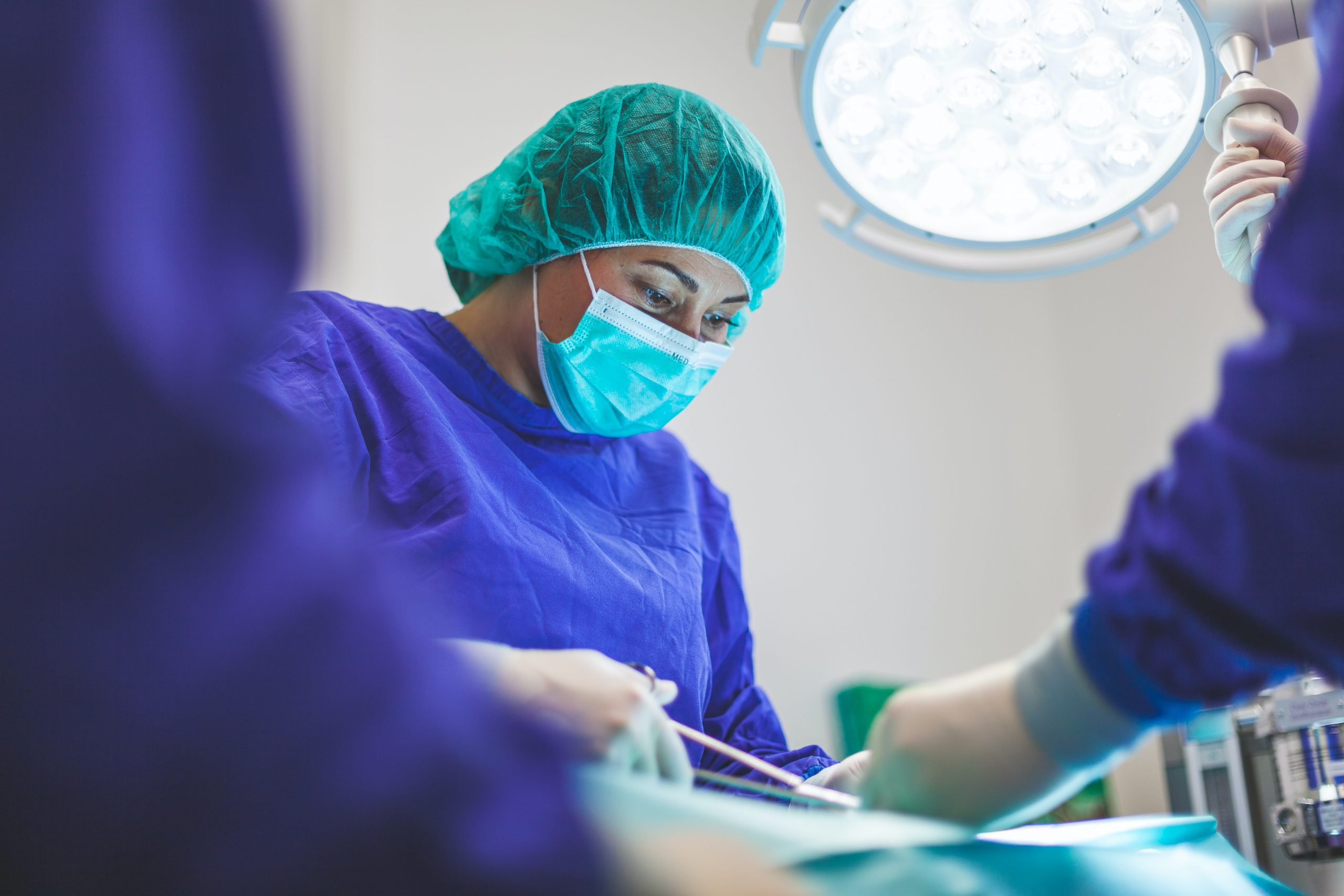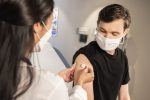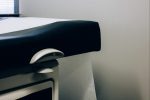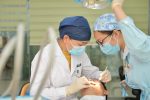The field of plastic surgery is incredibly varied as surgeons usually perform many aesthetic and reconstructive procedures. Generally, health professionals and members of the public are unaware of the intricacies and wide scope of the discipline of plastic surgery. Oftentimes, it is thought to be a practice that is cosmetic and superficial in nature.
Studies conducted on medical students have revealed that they hold a number of misconceptions about plastic surgery. There are a number of factors that may influence these misconceptions, such as culture and exposure to mainstream media.
The misconceptions held by medical students have the potential to impact the entire discipline. This is because these doctors are the ones responsible for giving referrals and the ones who will be choosing whether they want to study plastic surgery in the first place. This usually happens because many medical students choose their specialties while still in medical school, so shedding a positive life on plastic surgery is likely to influence their decision
Plastic surgery encompasses orthopedics, reconstructive surgery, oncology as well as cosmetic procedures, and this is quickly expanding in modern times. It is not only medical students who hold a major misconception about plastic surgery; it is also professionals within the field who do not yet have the experience to know better. These young professionals believe that plastic surgery is just like any aesthetic or cosmetic surgery, but in reality, it is so much more.
After speaking to experienced plastic surgeon Dr. Chahal, one can gain insight into efforts made to counter these misconceptions that have been perpetrated by mainstream media. Some medical schools have started to incorporate information about plastic surgery into their medical curriculum. This will help to adjust the attitudes of medical students with little exposure to plastic surgery during their rotations. This has made a major difference in the lives of medical students and the field of plastic surgery when it comes to filling the gap in students’ knowledge.
Because television has skewed the way students view plastic surgery, it is important for them to engage in classes that shed light on the large scope of this field. For example, craniofacial and hand surgeries are performed by plastic surgeons. These are critical surgeries for the daily functioning of any individual. Information like this can help to turn the tide when it comes to informing medical students and members of the public alike. It may also help to encourage students that may be on the fence about choosing plastic surgery as their specialty.
Studies show that the field of plastic surgery is largely underrepresented in the curricula of medical schools around the globe. This is not surprising since the implementation of plastic surgery into the medical school curriculum has been a heated topic of discussion and debate globally.
Proponents of the introduction of plastic surgery into the curriculum of medical students usually put forth the convincing argument that it can improve the referral pattern among health care workers because of the number of crossover procedures that exist between plastic surgery and the many other specialties. For example, plastic surgery shares cross-over procedures with maxillofacial surgery, orthopedic surgery, otolaryngology, dermatology and so much more.
It is also of critical importance to allow exposure to plastic surgery in medical school so that medical students would be able to make educated decisions when it comes to choosing plastic surgery as their career specialty. Studies have also shown that many medical professionals, students and educators can affect the competency of future surgeons, general practitioners, and physicians in their clinical practice. This is why integrating plastic surgery into the curriculum of medical students can benefit all doctors.
In recent decades there has been an increase in the popularity of plastic surgery caused partly by mainstream media and reality TV shows, which display a few of the detrimental effects of having botched surgeries. Many surgical and non-surgical procedures have also increased in popularity. This increase can also be attributed to the mainstream media because of clients who wish to alter their bodies to meet societal pressures. These changes have also influenced the perception of medical students regardless of geographic location and culture.
Unlike other specialties that fall under a specific organ, plastic surgery is undefined by any specific parts of the anatomy. It focuses on the entire body and follows a specific set of procedures. The field of medicine would not be the same without plastic surgery as most surgical procedures use some aspect of plastic surgery. This is why it is important for all medical students to familiarize themselves with the main tenets of the field.
The impact of mainstream media is undeniable, especially in recent years. Therefore, to correct the misconceptions that medical students have of plastic surgery, mainstream media can also be used. By providing the public with up-to-date and accurate information about plastic surgery, medical students will benefit and gain a greater respect for this specialty. We should also consider the ethical and religious factors that contribute to the perception of plastic surgery. It should be clear that plastic surgery is not only needed for cosmetic and superficial purposes but also for medical conditions that are critical to survival.
















